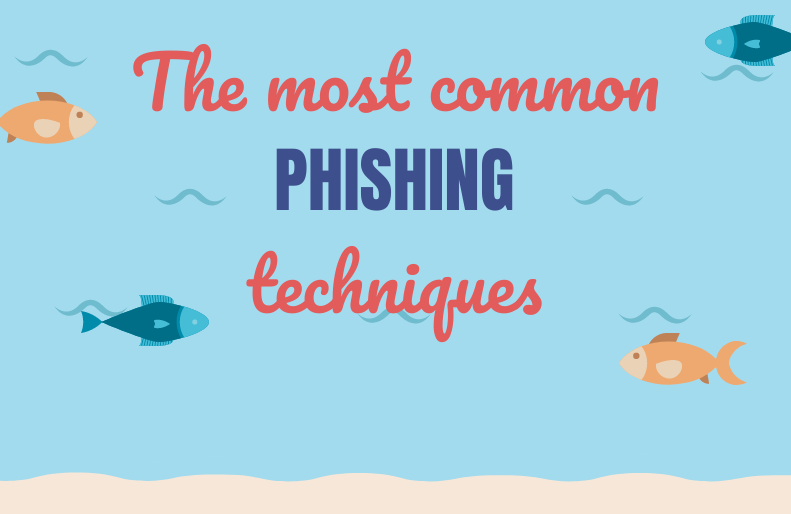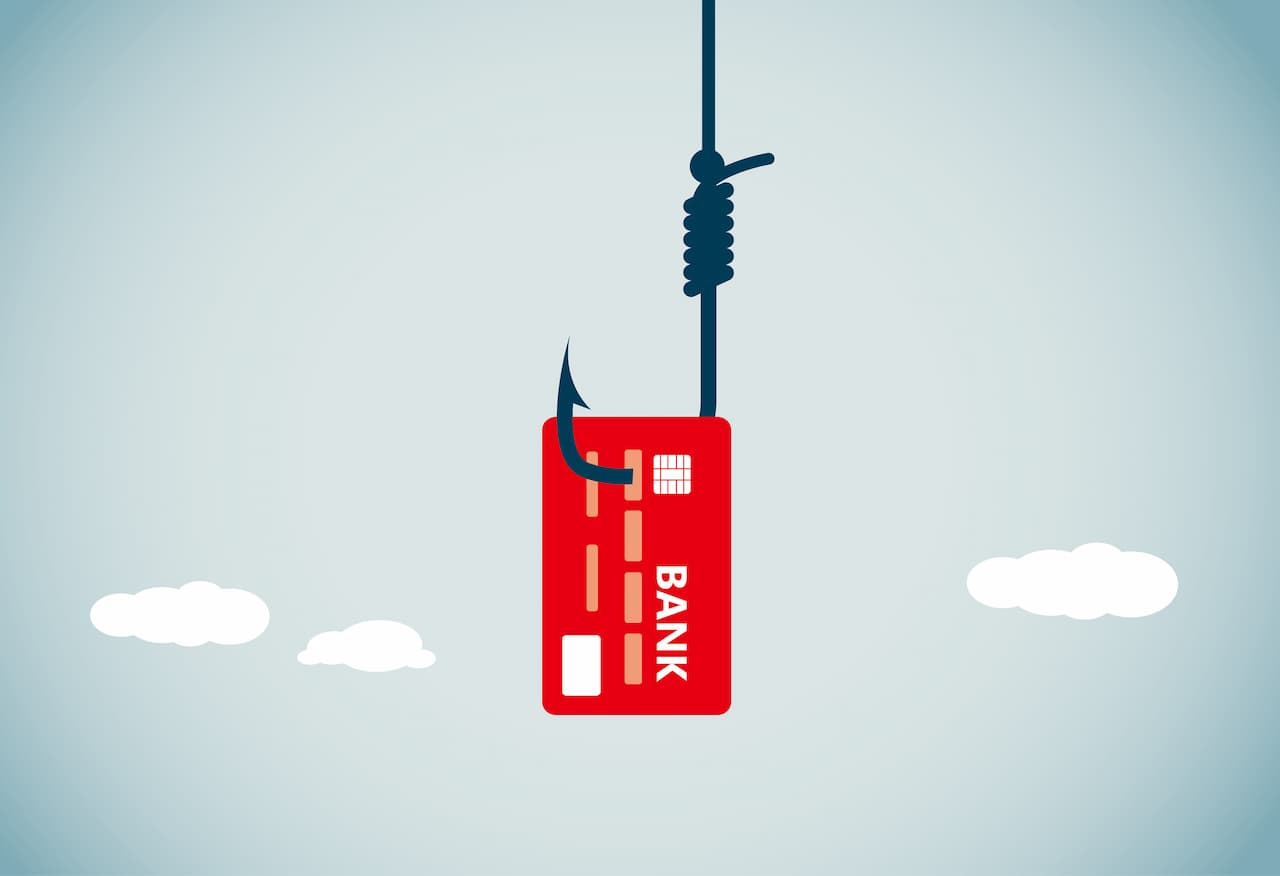What to look out for to protect your digital world
We are taking a look at one of the most common cyber-attacks in the UK, known as phishing, where cyber-criminals will trick victims into giving away sensitive data by posing as a reputable company. This is usually done by email, but can also be over the phone or by using SMS text.
Take a look at the infographic below to see some of the most common ways that criminals will try to access your personal information.
Most Common Phishing Techniques Infographic

Most Common Phishing Techniques Overview
Rapid increases in technology have been hugely beneficial to most people around the world, however this also includes criminals.
Recent research has shown that 45% of UK businesses have experienced a phishing attack in the past two years, but what are the most common forms of attack?
Most phishing attacks come via emails and will generally try to trick you into giving your information to the attacker. Take a look below at the most common forms of phishing attacks.
Invoice scam
An email from an attacker will normally outline that you owe them money, providing you with an invoice.
You will be asked to click a link which will take you to a web page where you will be asked to enter your bank details, giving your attacker access to your account and funds.
Download scam
Similar to an Invoice Scam, your attacker will send you an email with an attachment, claiming that it holds important information.
However, the attachment will be infected with a virus that will be installed onto your computer, often hijacking your computer into distributing the virus further or gain access to your sensitive data.
Compromised account scam
An attacker will contact you via email, posing as a third party company, telling you that your account has been hacked.
You will usually be asked to follow a link to reset your details, however, this will be a false link that gives your login information to your attacker.
Payment and delivery scam
A cyber attacker will send you an email impersonating a business claiming that you need to update your details before a delivery can be made.
Of course, this is untrue, and if you follow a link and input your payment details, you will be handing money over to a cyber-criminal. Find out how you can protect your business from cyber-attacks by taking a look at our article.
Business insurance with Premierline
Rapid changes in technology have meant that we are now reliant on it to communicate, especially for businesses. According to the Department for Digital, Culture, Media & Sport, 98% of businesses and 95% of charities in the UK rely on some form of digital communication or service. Because of this, Cyber Insurance is becoming increasingly more important for UK buisnesses to help protect their digital world.
At Premierline, our trained advisors can tell you more about Cyber Insurance and how it can protect your business. We currently work with Hiscox, one of the leading insurance providers for Cyber Insurance, to find the best cover for our customers looking for cyber protection. Get in touch to speak to one of our trained insurance experts about your cyber insurance options.
















